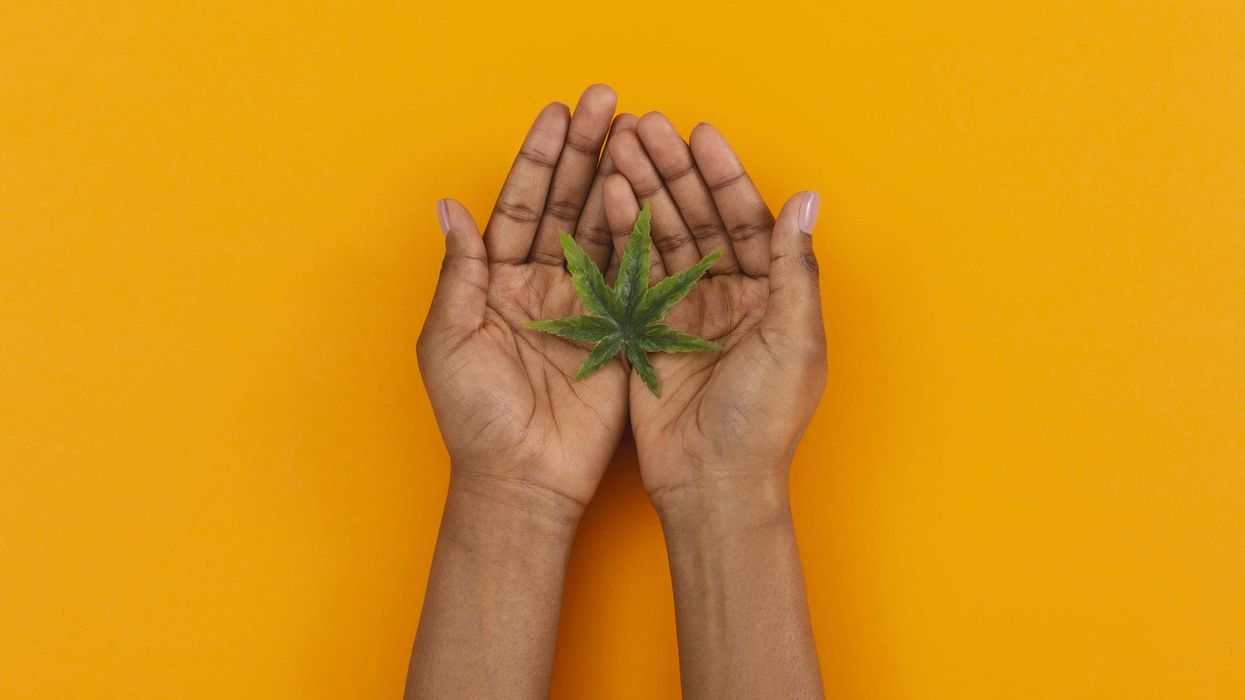Minnesota, known as the Land of 10,000 Lakes and the 32nd state to join the union, has made a splash in the realm of cannabis legalization as the latest state to join the Green Wave.
Under a new state law signed by Governor Tim Walz on Tuesday, Minnesotans aged 21 and older will have the legal right to consume and grow cannabis for personal use starting August 1. With this groundbreaking move, Minnesota joins the ranks of the 23 states in the U.S. that have embraced recreational cannabis.
However, eager cannabis enthusiasts will have to exercise patience before they can walk into a dispensary-style store to purchase their favorite cannabis products. The implementation of the new law requires the establishment of a state cannabis office and licensing system, which will take some time. Leili Fatehi, a prominent leader of the coalition that advocated for legalization, anticipates that cannabis business licenses will begin to be issued in late 2024, with doors finally opening in 2025.
This timeline aligns with the target dates outlined in the state's recent request for bids from software vendors who can build the much-needed licensing system. While the wait may be frustrating for some, it is essential to ensure a well-regulated and responsible cannabis industry in Minnesota.
Zooming in on the details of the bill passed by the DFL-majority Legislature, it becomes clear what Minnesotans can expect once the legal cannabis market is fully operational. The law allows adults to legally possess up to 2 pounds of cannabis flower for personal use in the comfort of their homes and up to 2 ounces in public. Additionally, home growers will be permitted to cultivate up to eight plants, with a maximum of four plants in the flowering stage at any given time.
One key aspect of the legislation that is garnering attention is the taxation of cannabis products. When the commercial market finally launches, cannabis products in Minnesota will be subject to a lower tax rate compared to many other states with legal cannabis. A 10% excise tax will be imposed on top of state and local sales taxes. The sponsors of the bill hope that this approach will discourage individuals from resorting to the black market and instead opt for legal cannabis once it becomes readily available.
Notably, food and beverages containing up to 5mg of hemp-derived THC will remain legal, but the updated language in the law introduces labeling requirements and limits drinks to two "servings" per container. These "low potency" products will also be subject to the 10% tax starting from June 30. Retailers and restaurants will need to obtain a license once the state regulatory office is up and running.
In a delightful twist, the bill also corrects a peculiar loophole in state statute that technically made it illegal for liquor stores to sell THC seltzers. This change takes effect immediately, meaning that consumers can expect to find these popular drinks lining the shelves of more establishments in the near future.
Minnesota's journey toward cannabis legalization reflects the evolving attitudes and growing acceptance of cannabis across the United States. By embracing the green wave, the state aims to establish a regulated industry that prioritizes safety, generates revenue, and provides a legal alternative to the illicit market.
As Minnesota dives into the realm of legal cannabis, it holds the promise of empowering its citizens, stimulating the economy, and becoming a shining example for other states to follow.
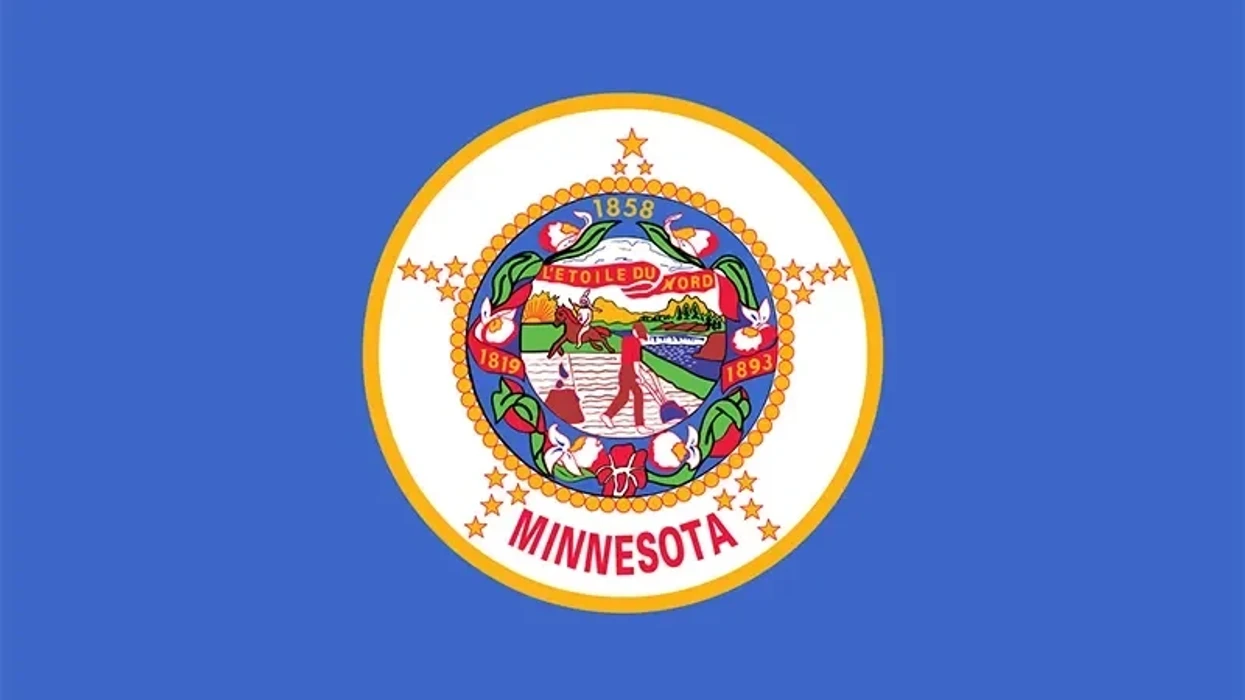


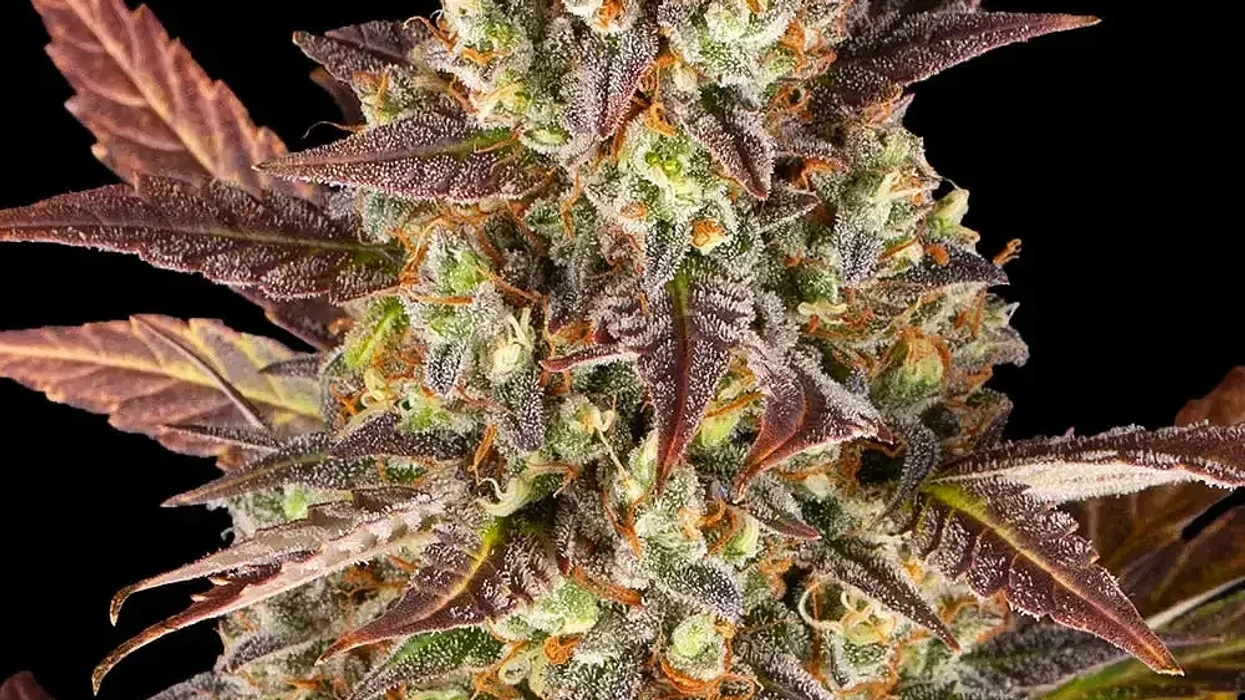
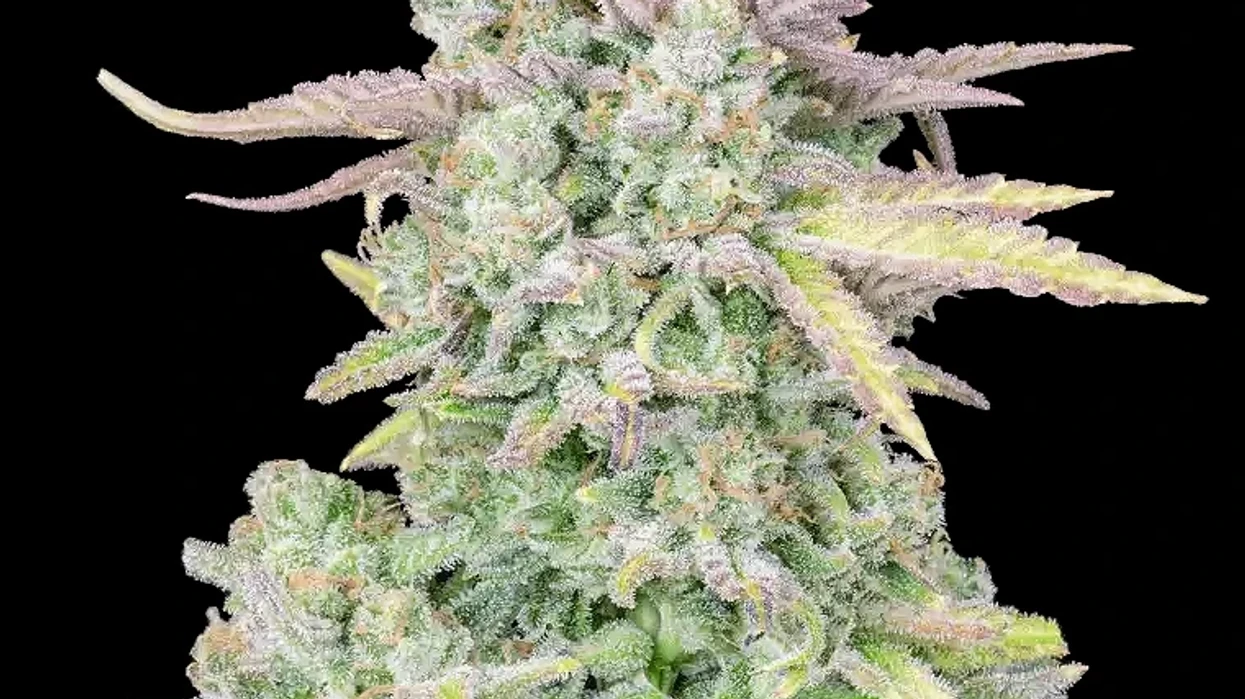

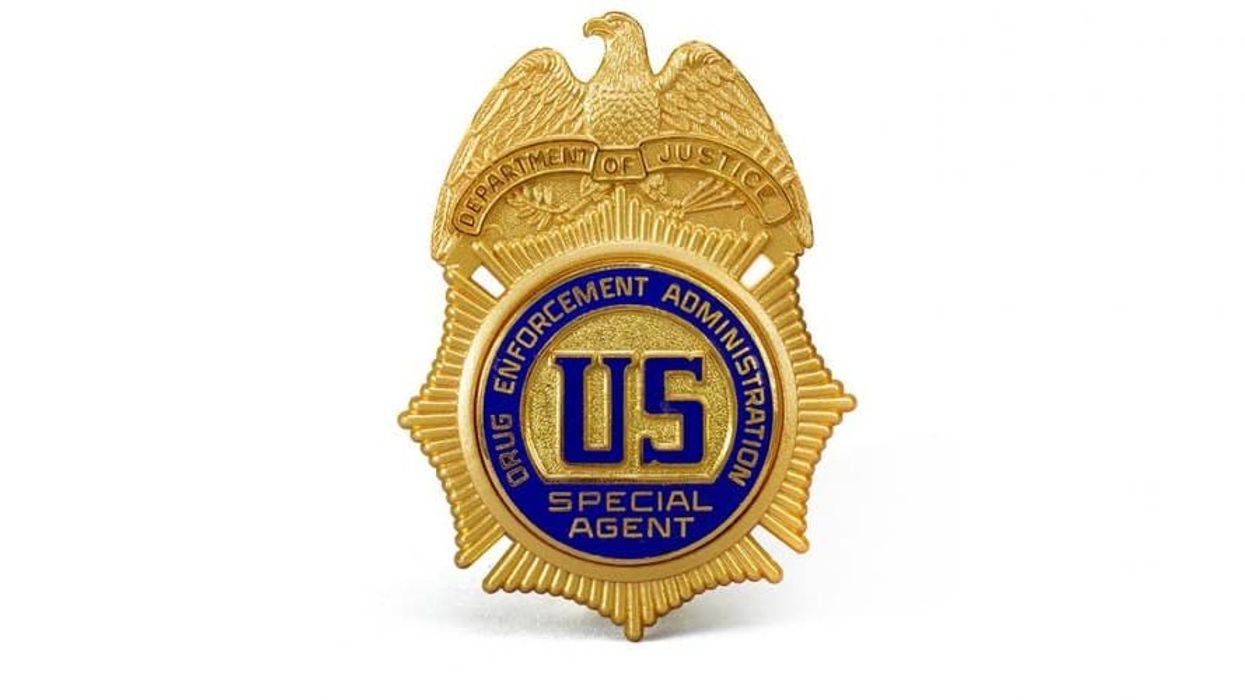
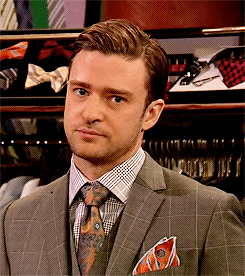 Justin Timberlake Eye Roll Gif By Agent M Loves Gif - Find & Share on GIPHYAgent M Loves Gifs
Justin Timberlake Eye Roll Gif By Agent M Loves Gif - Find & Share on GIPHYAgent M Loves Gifs








